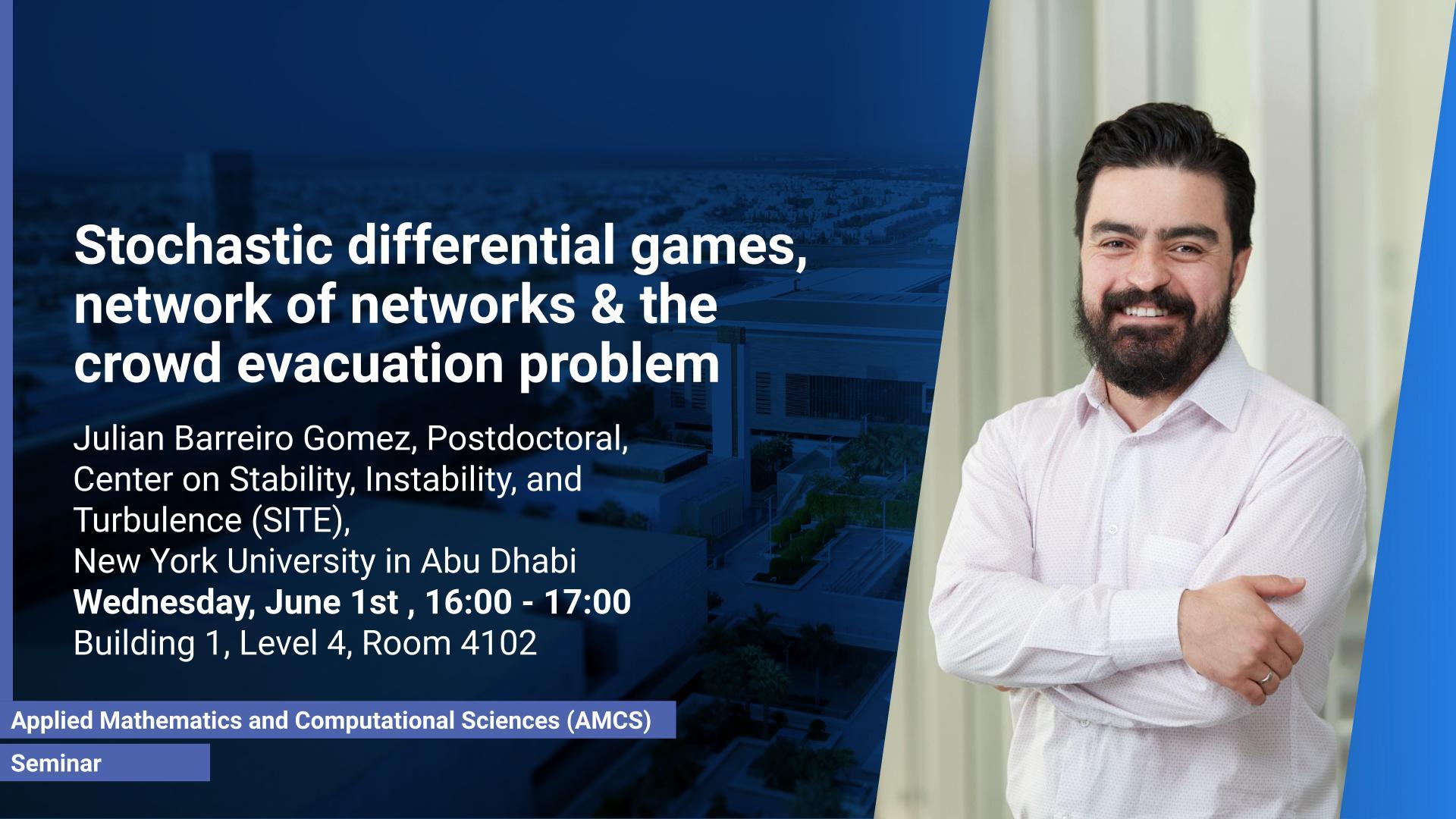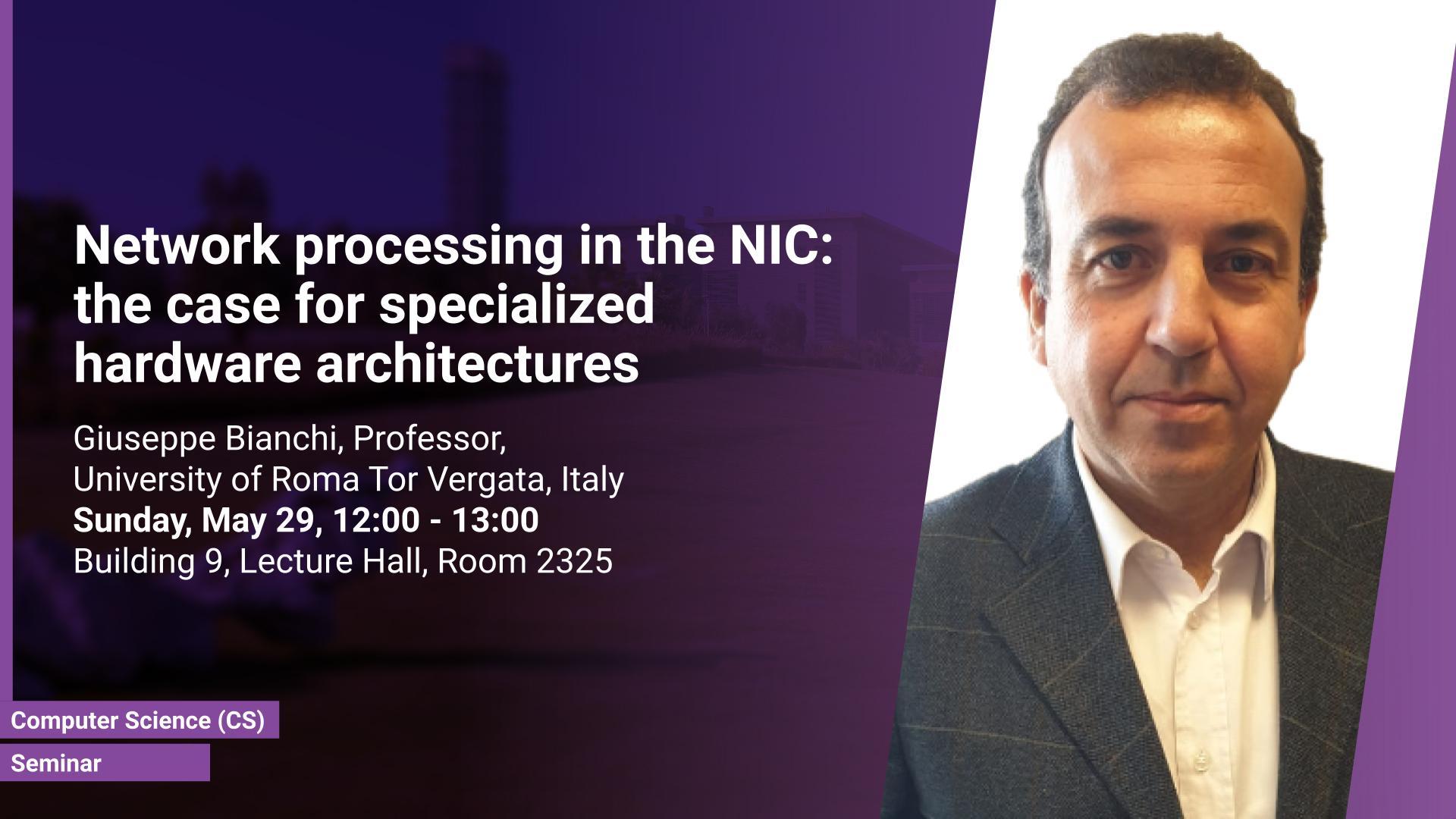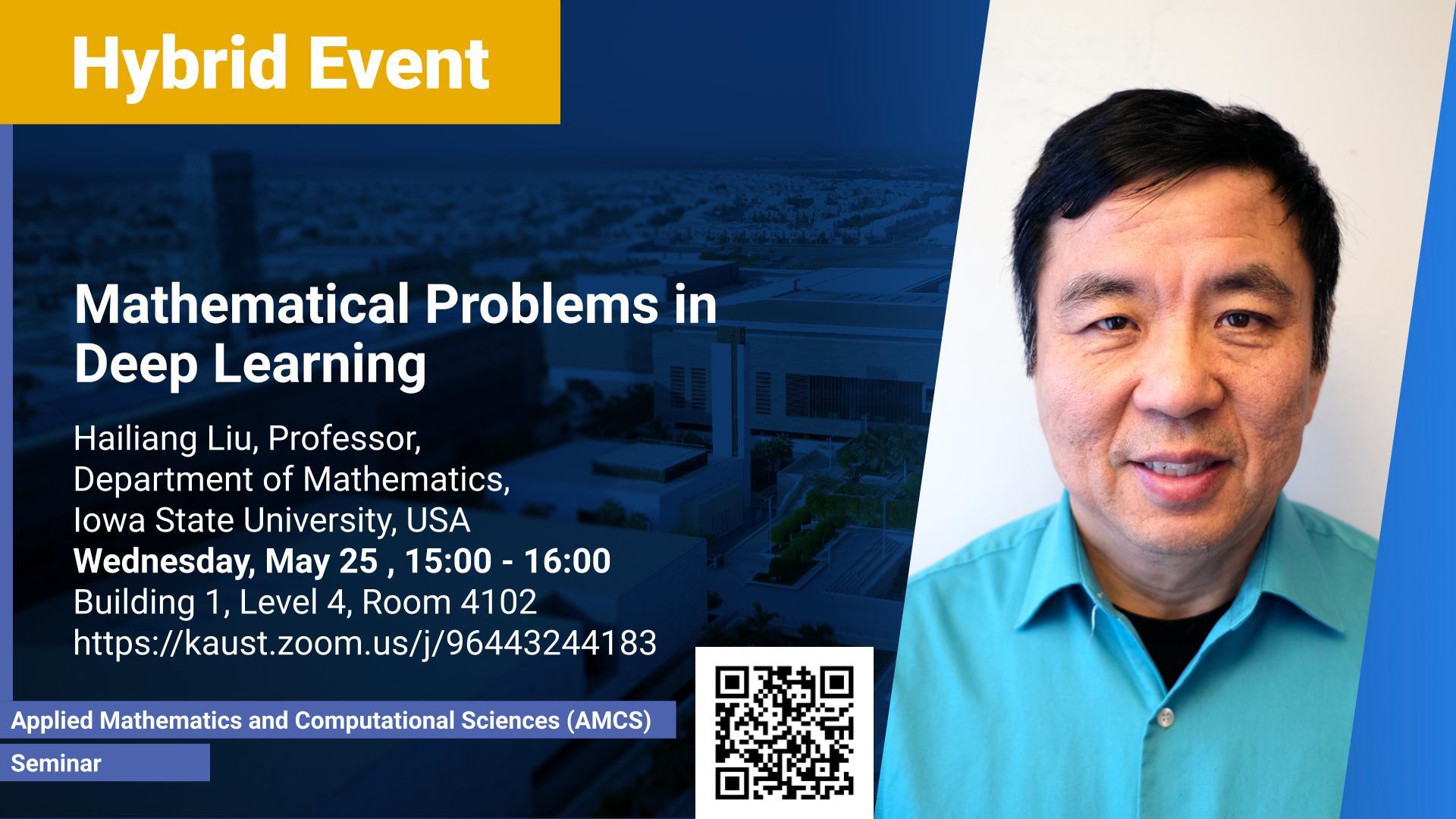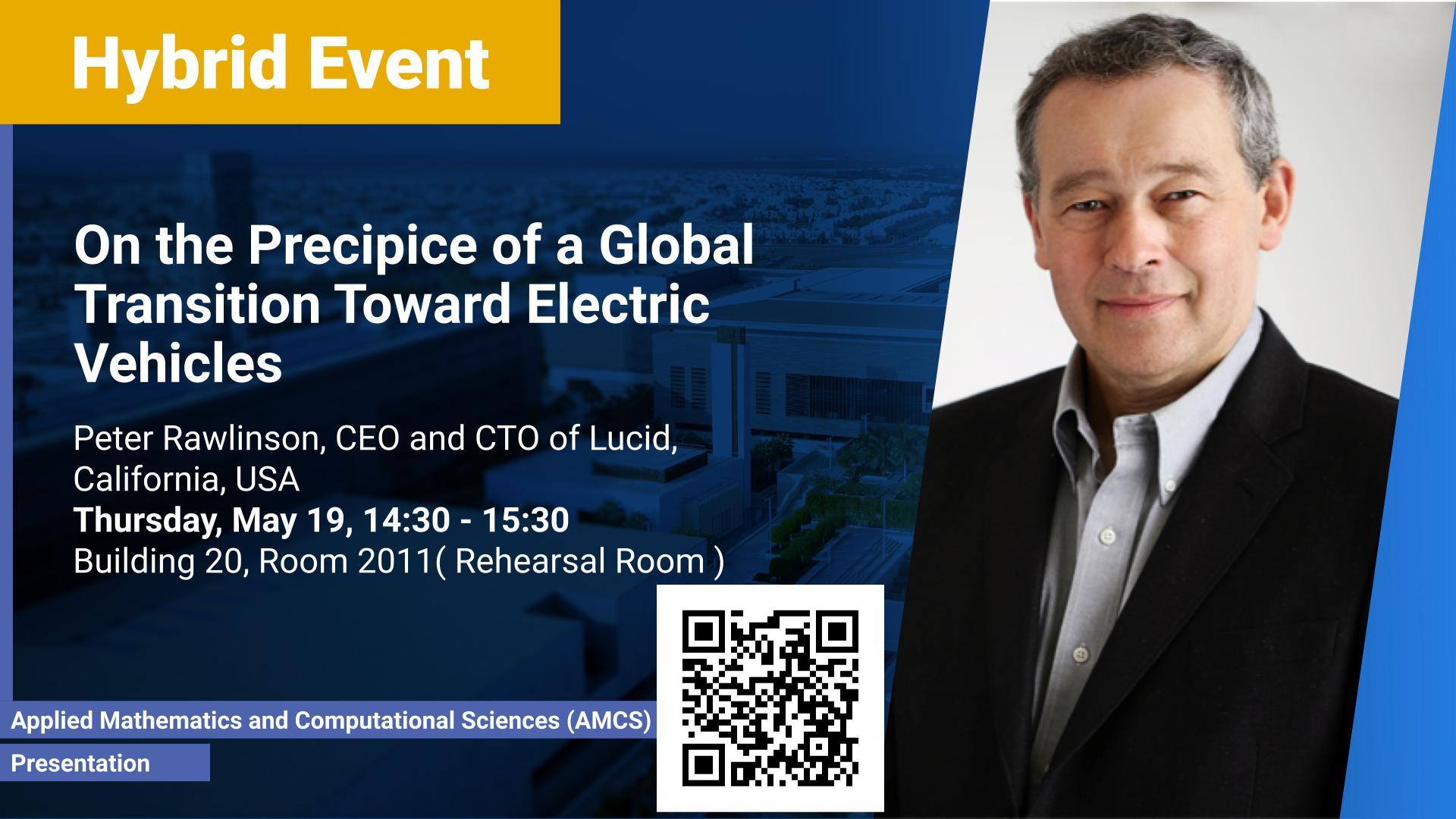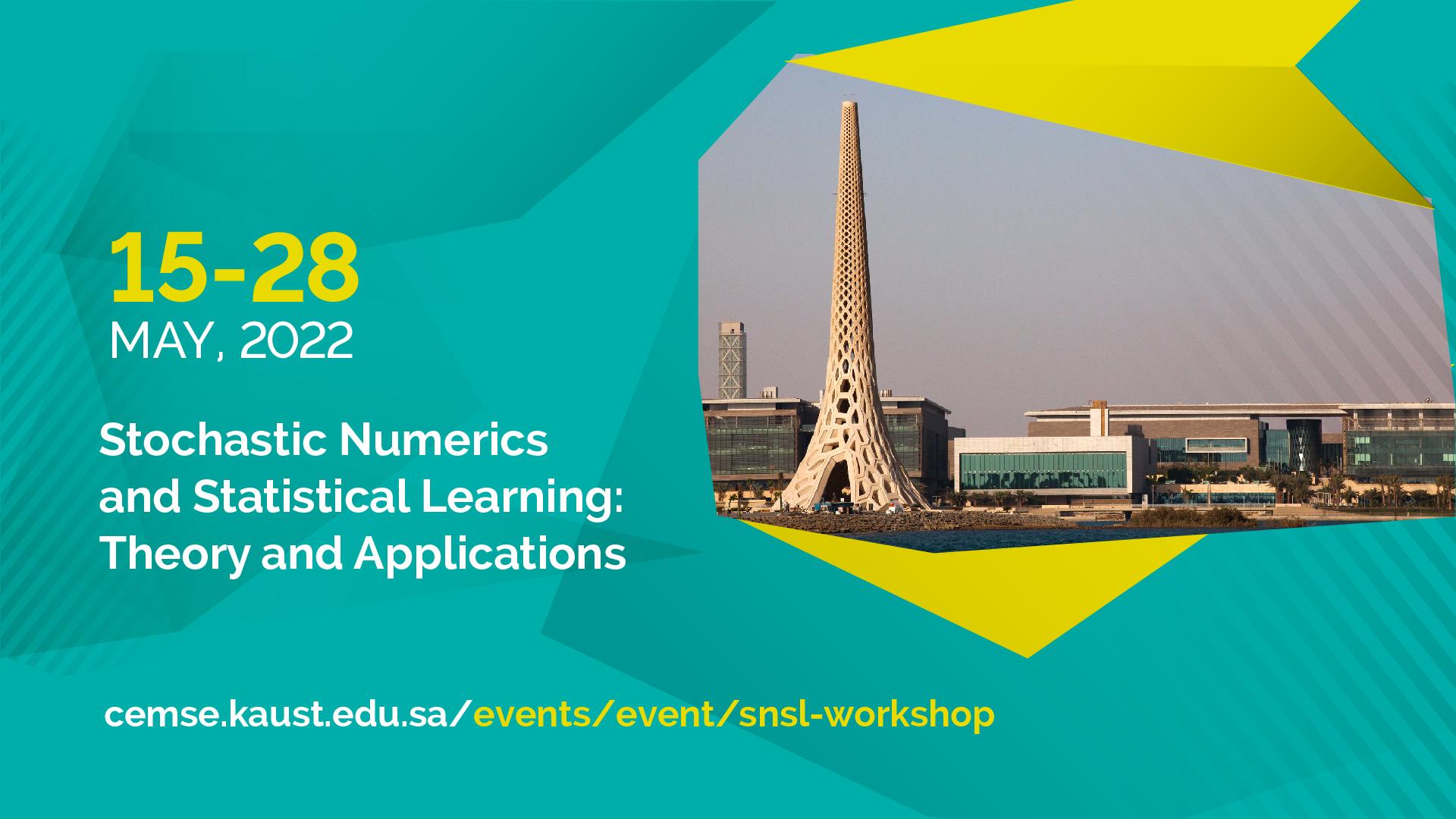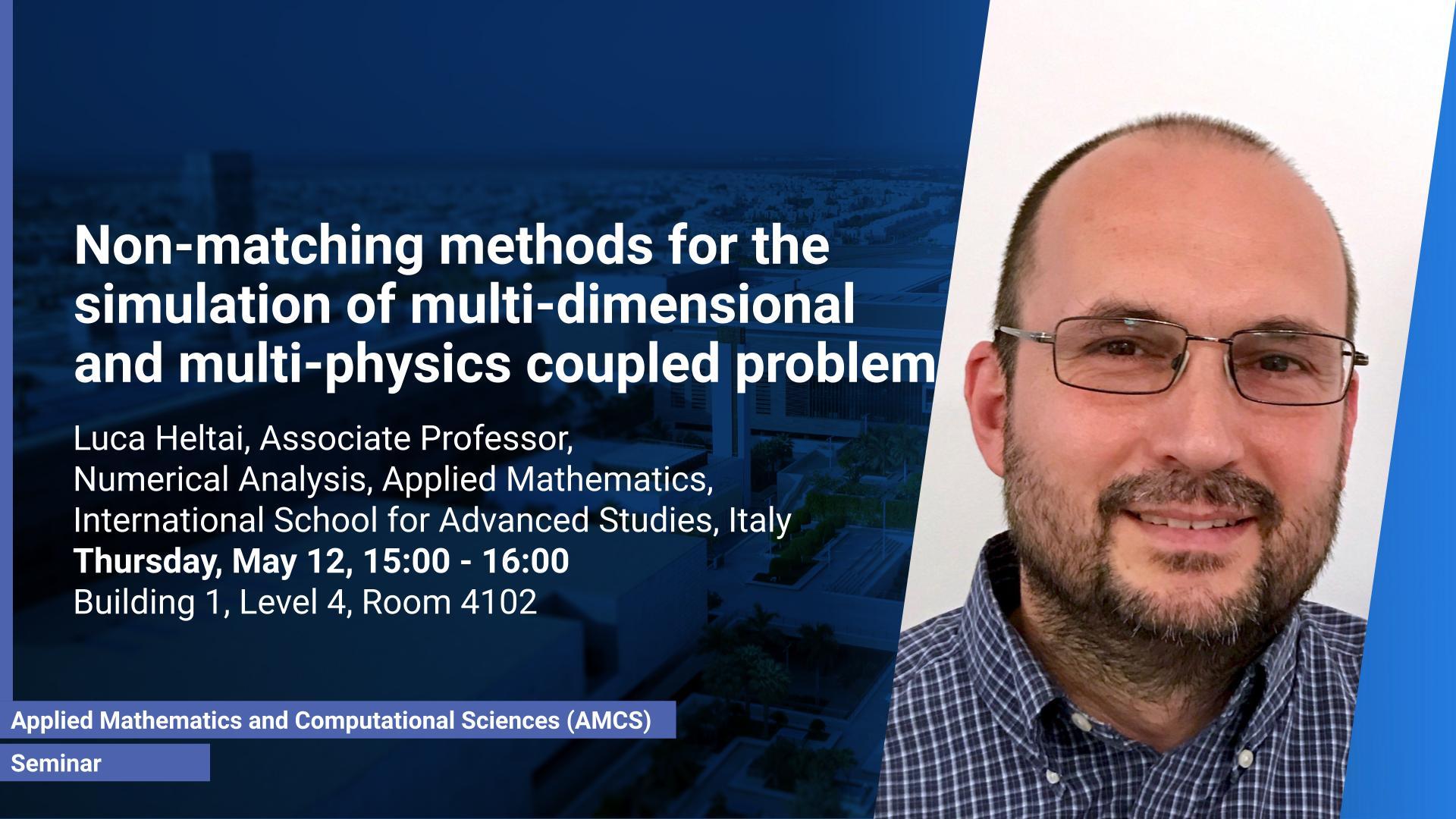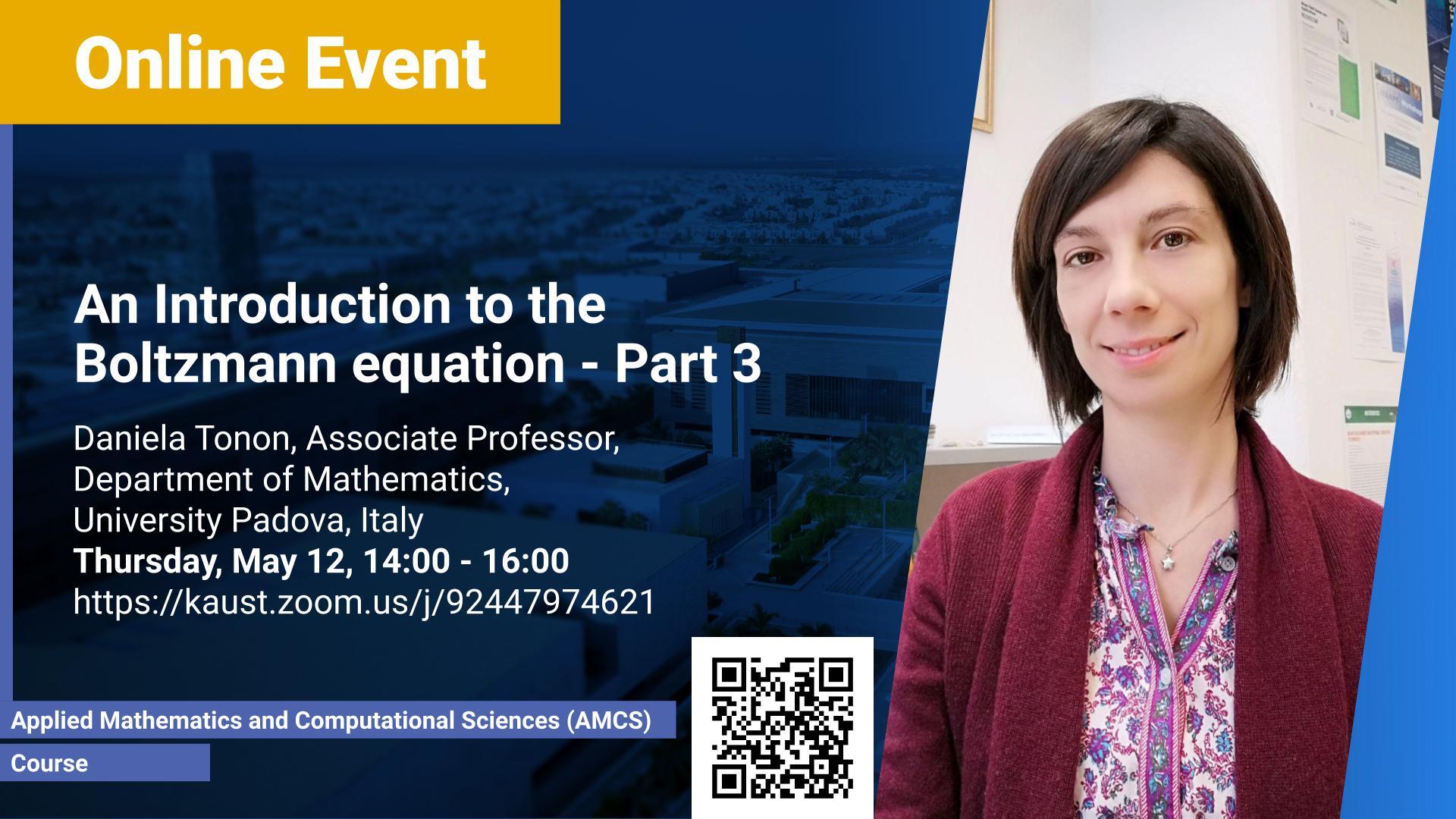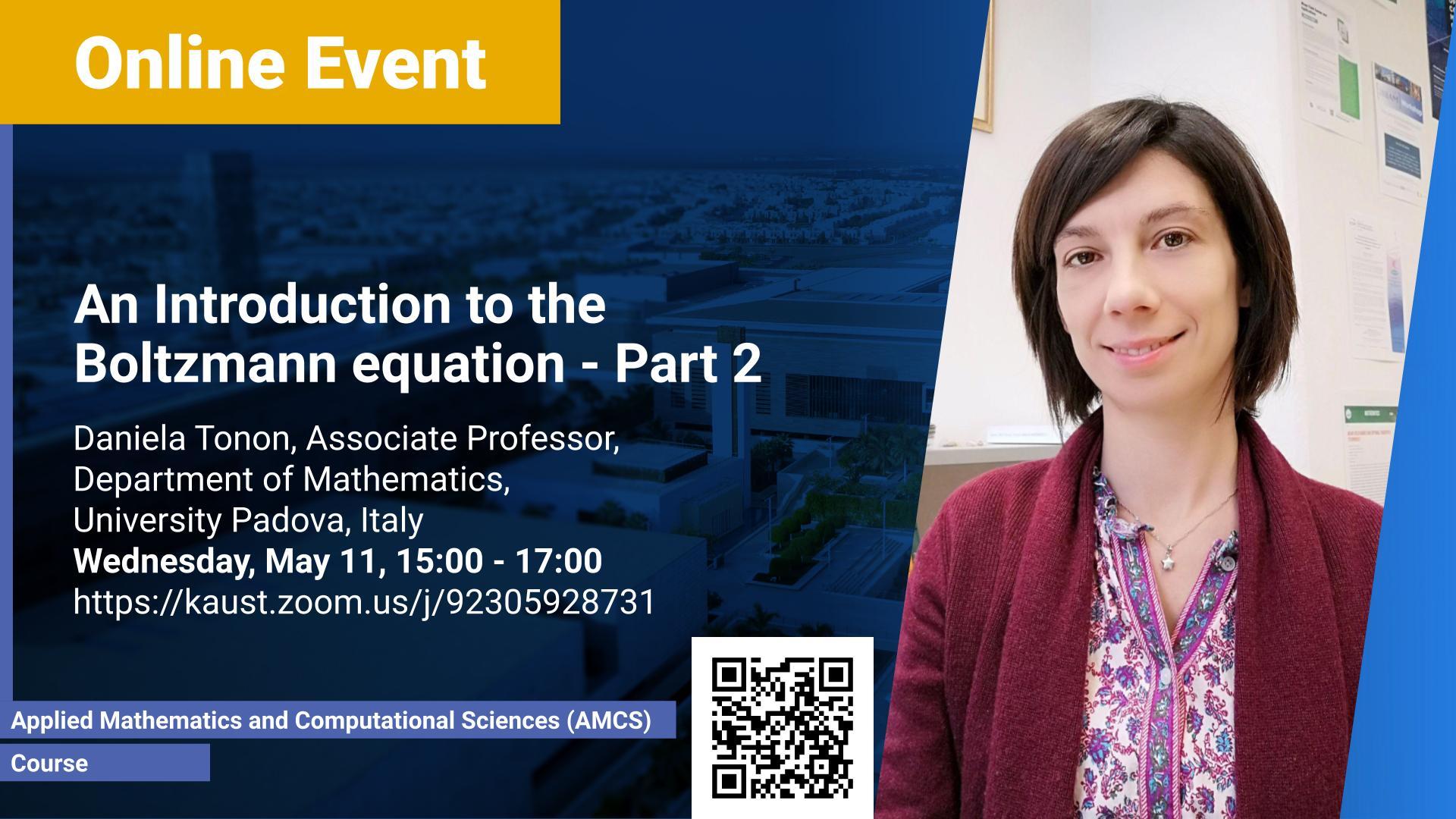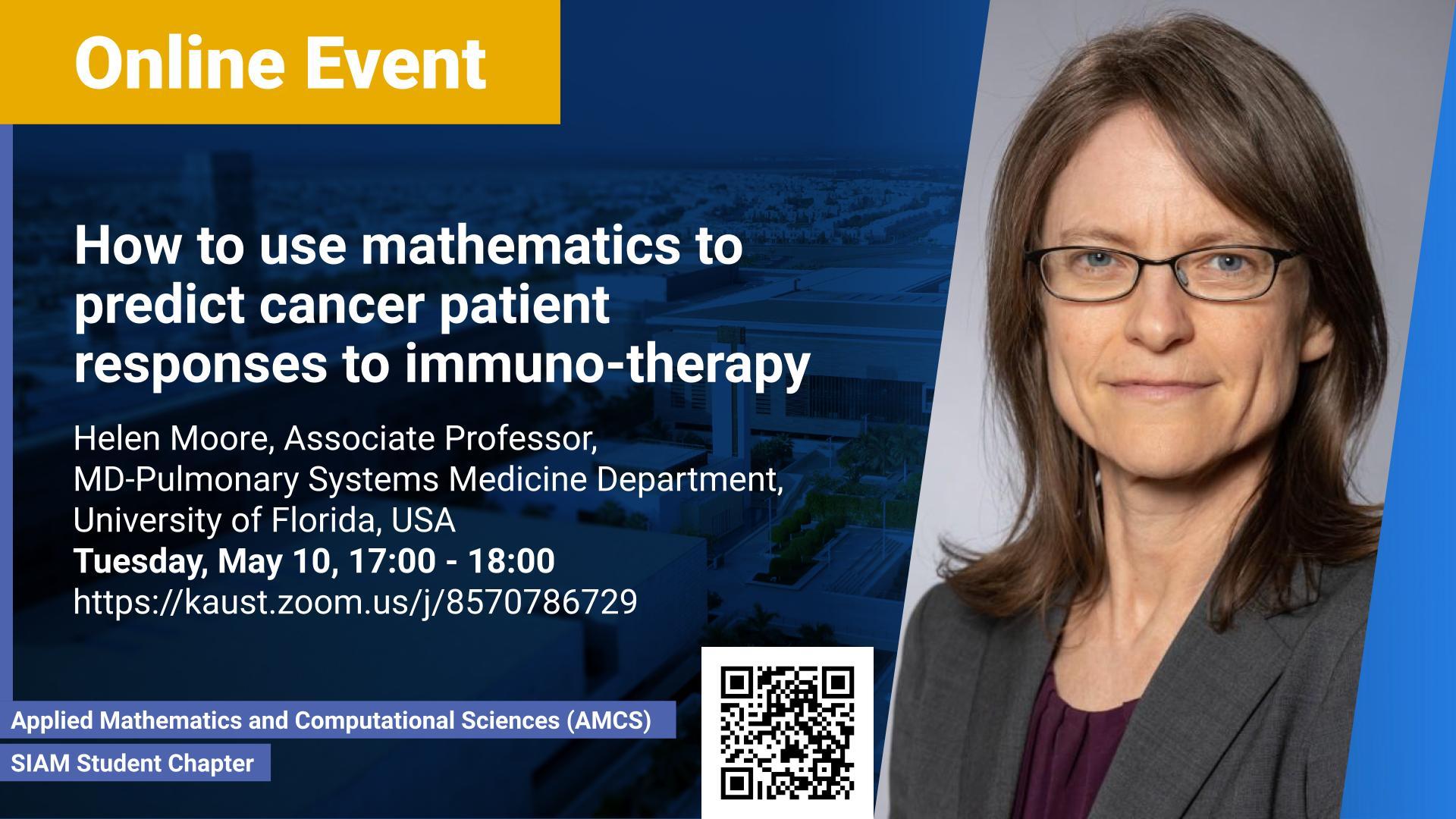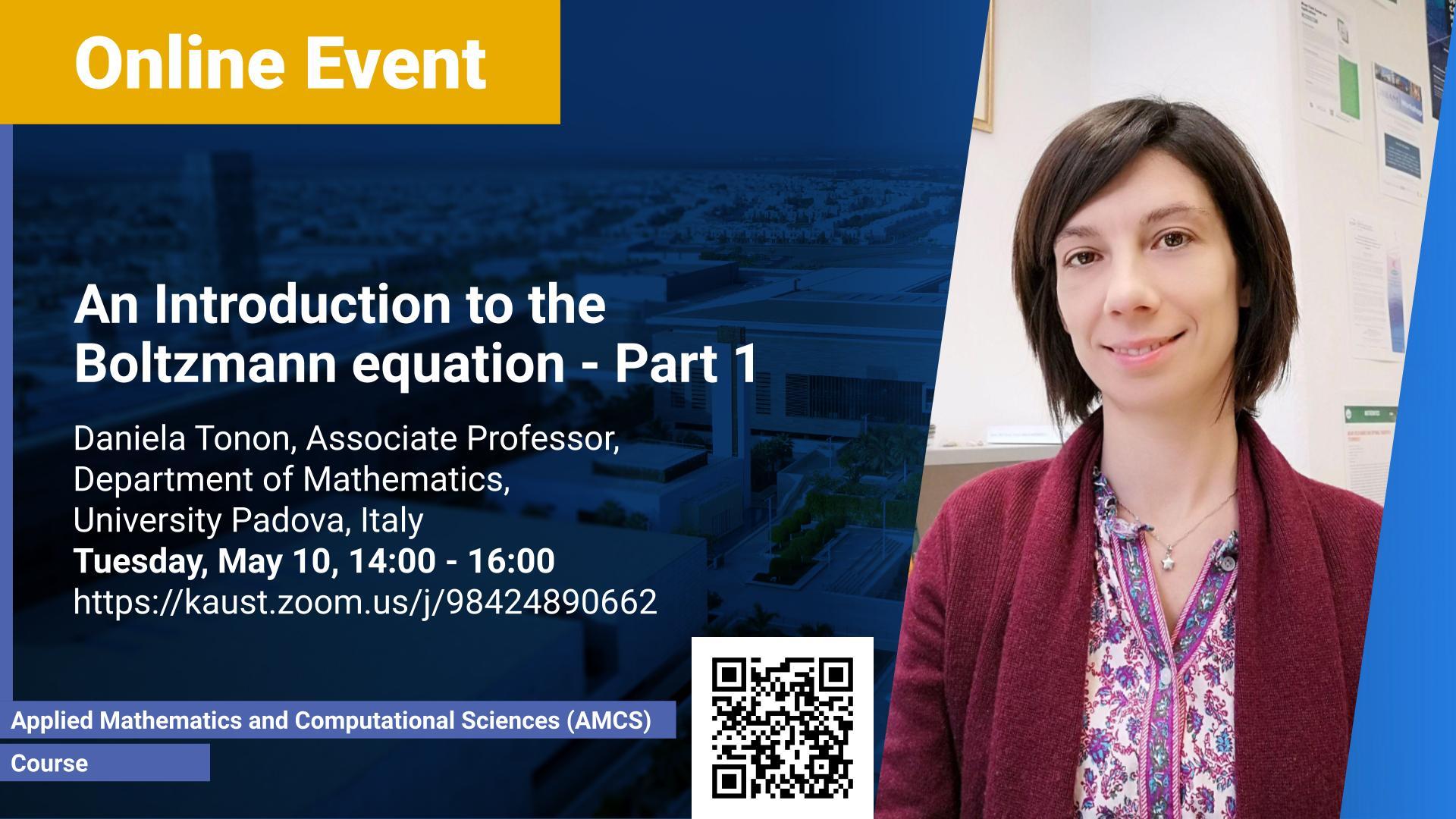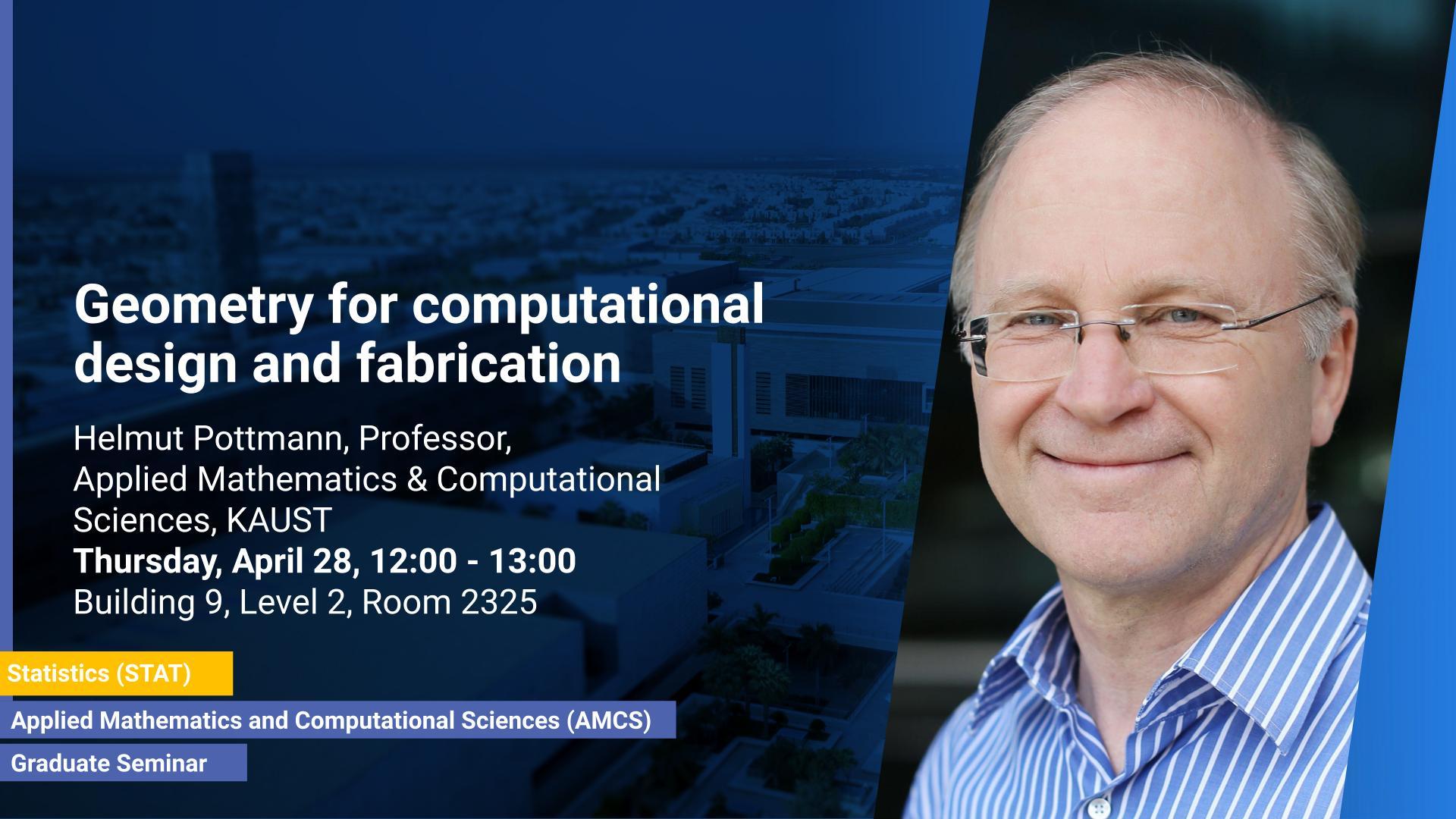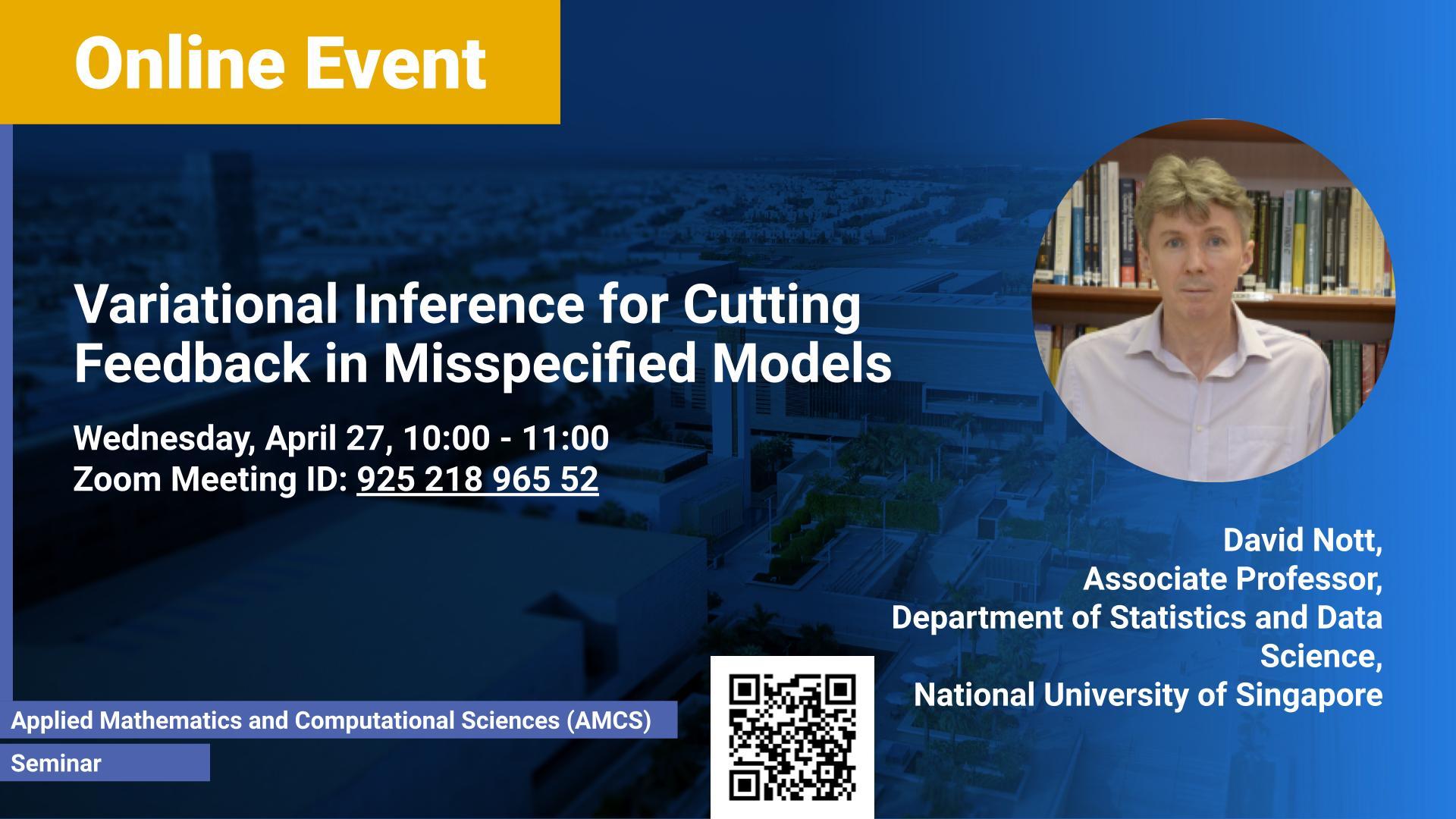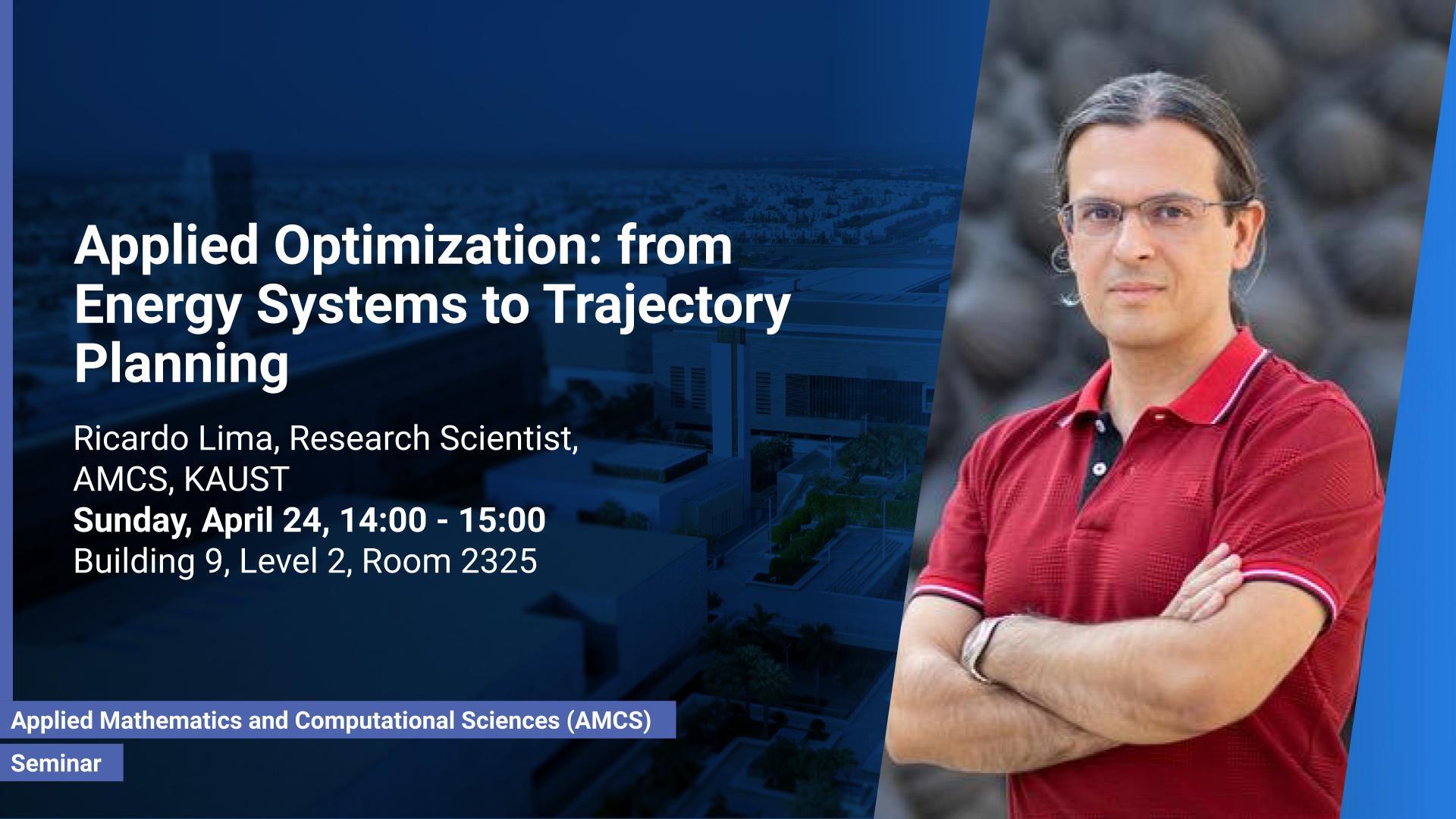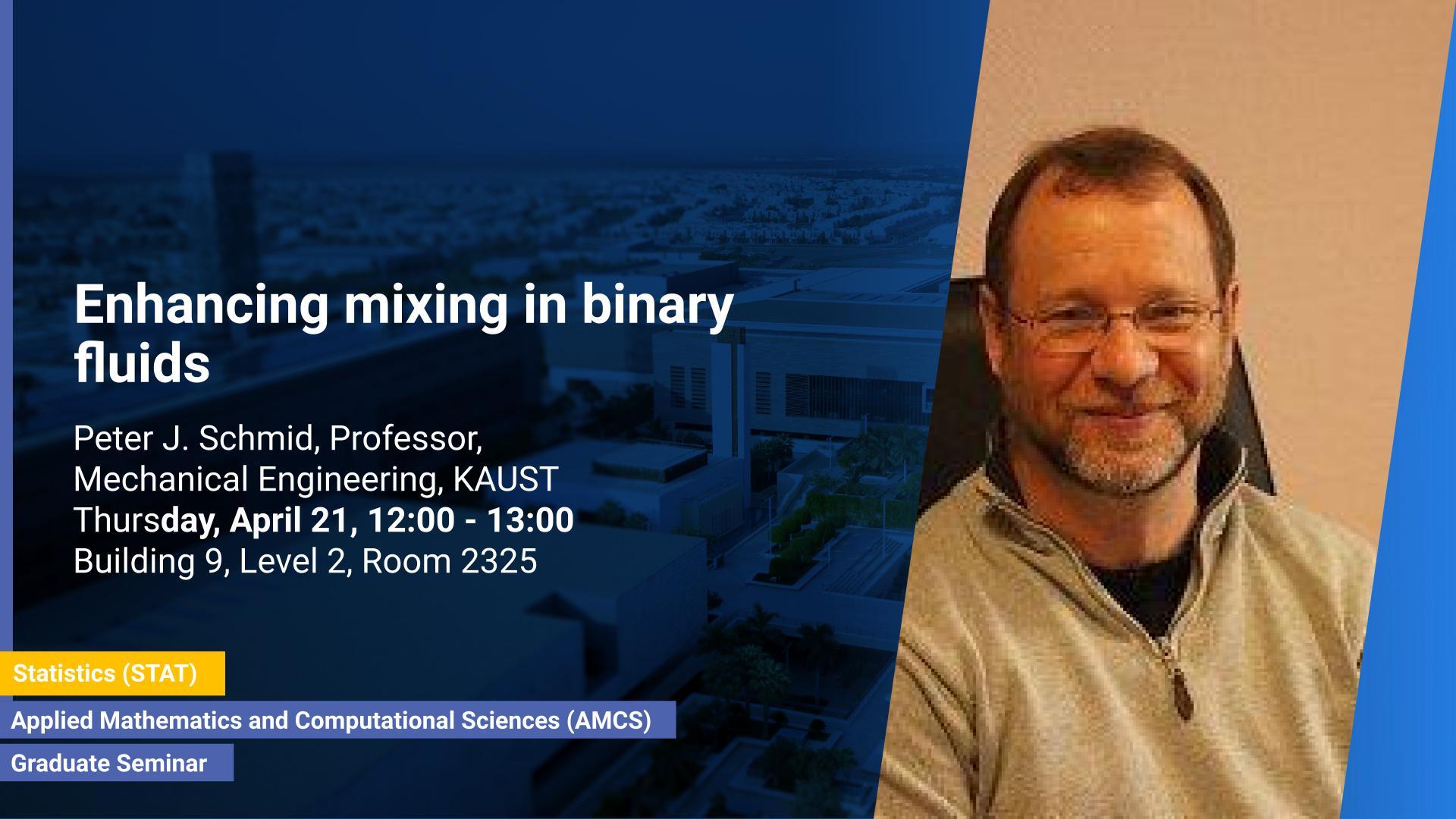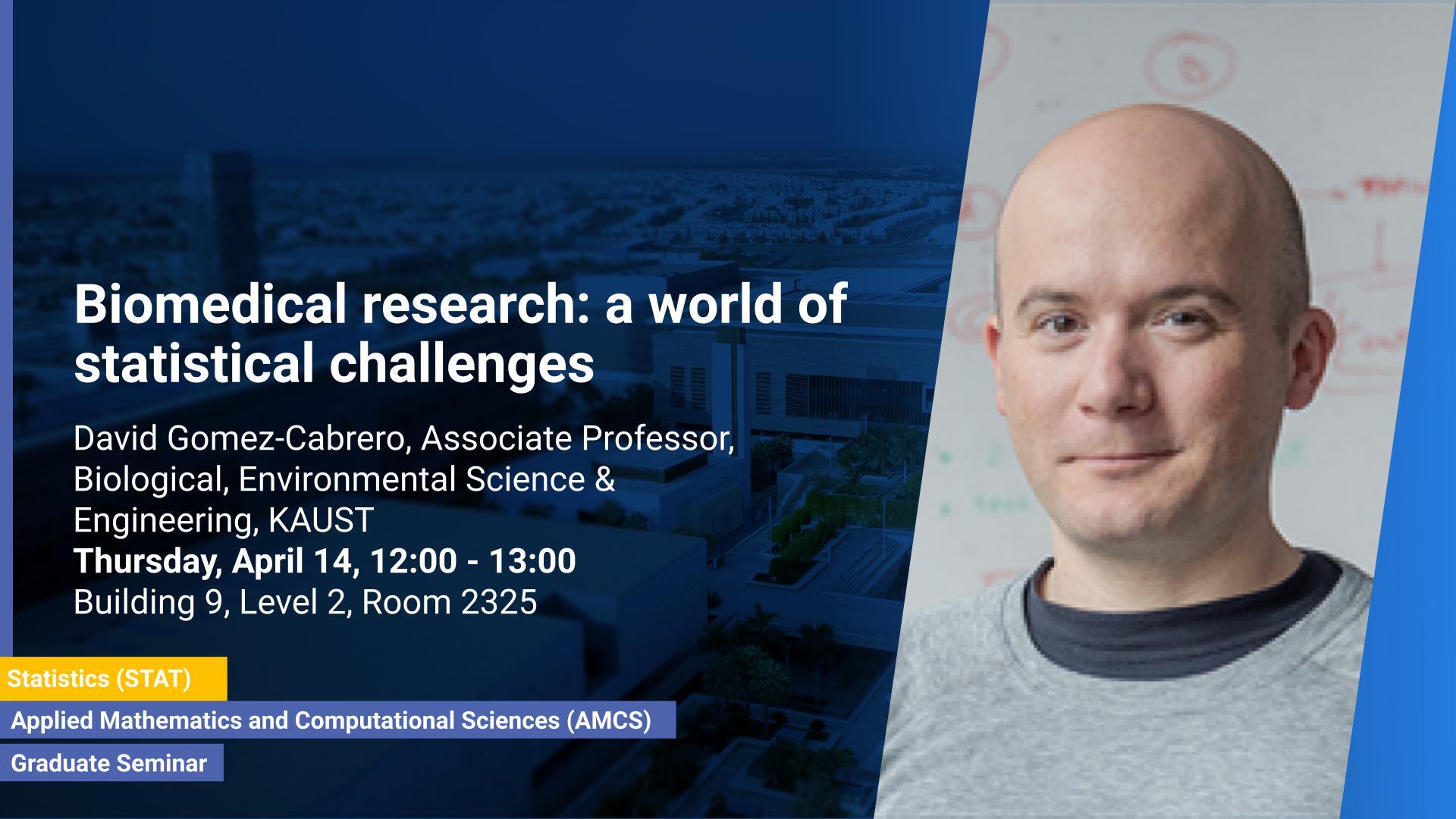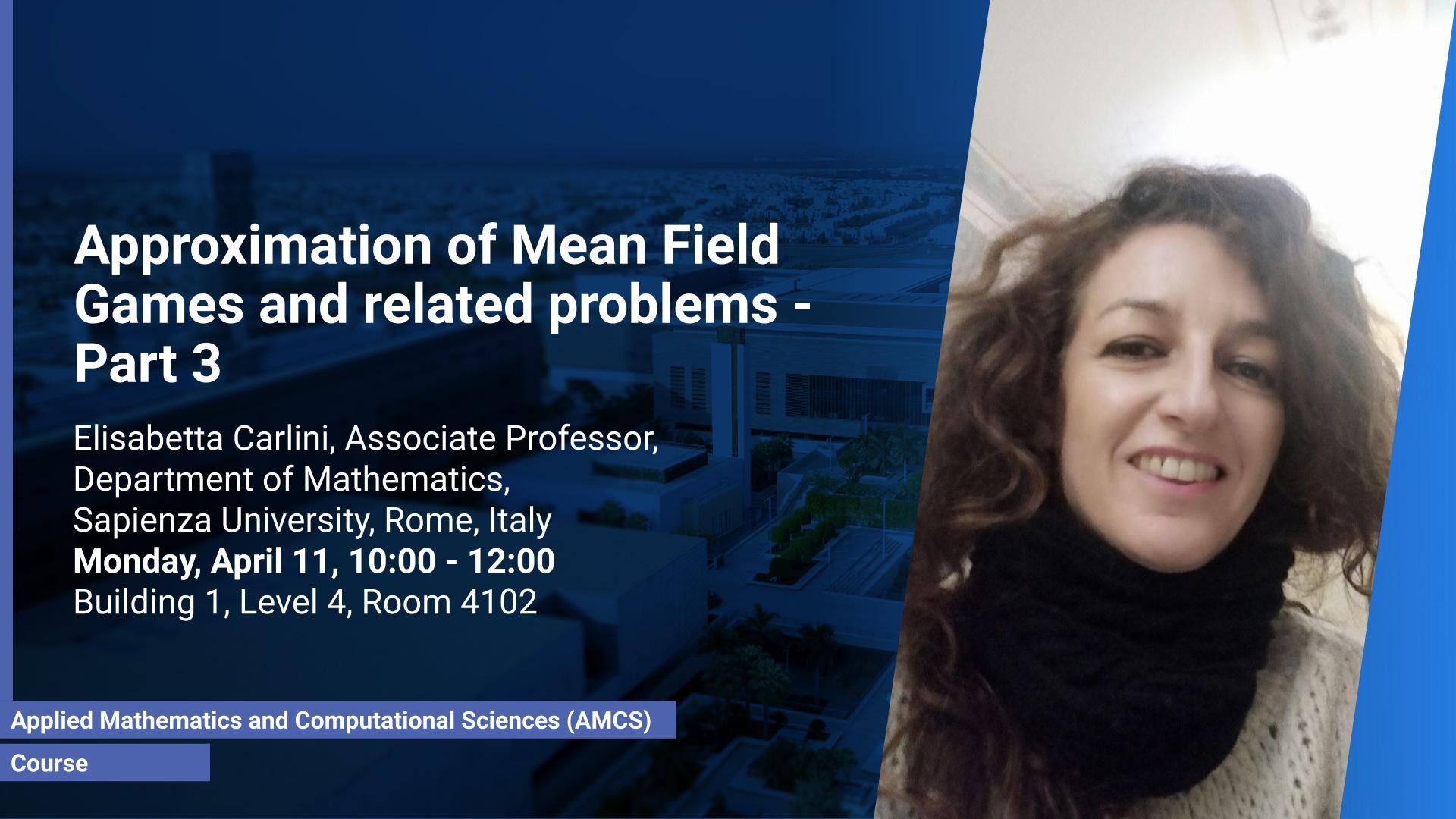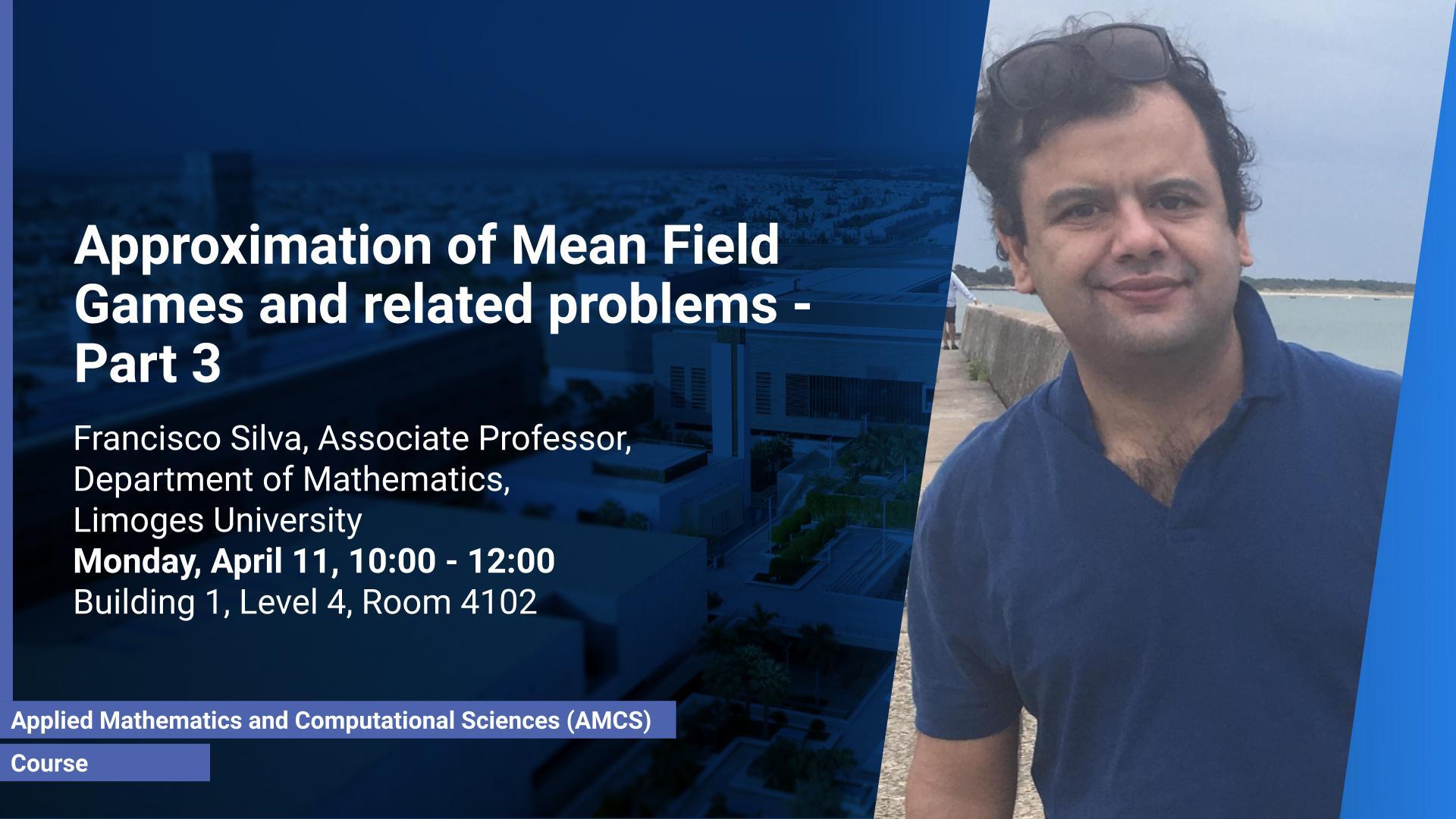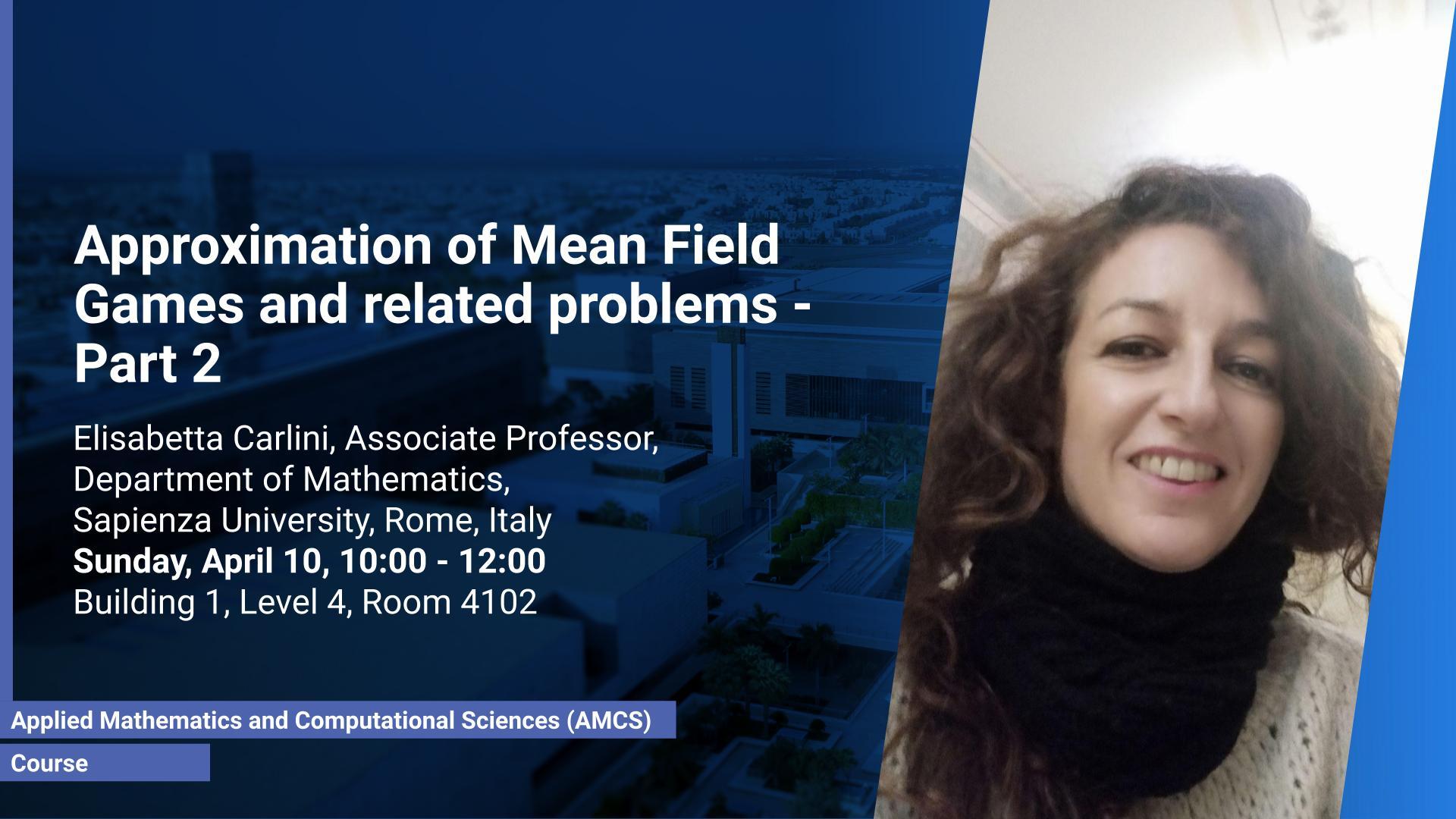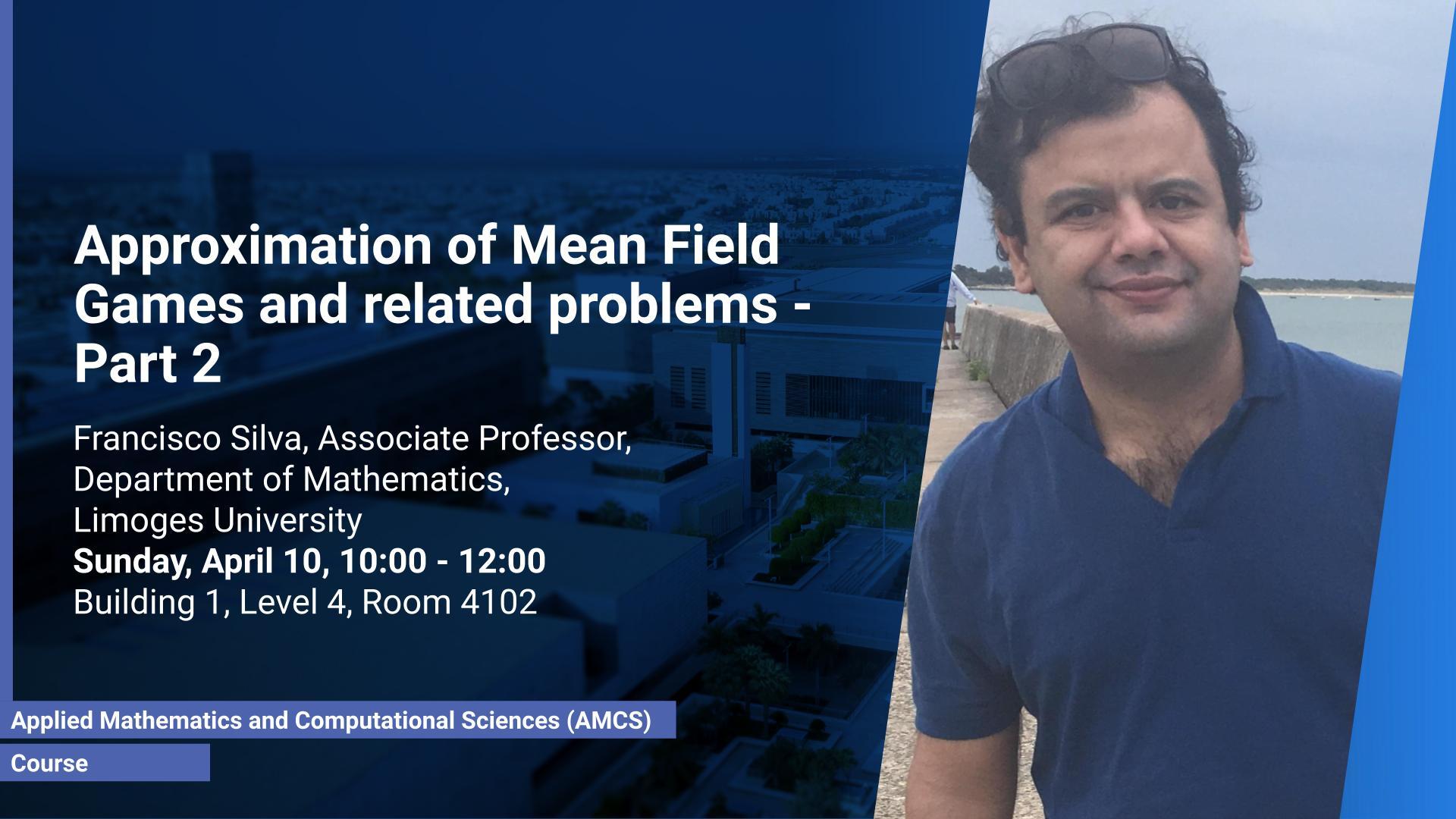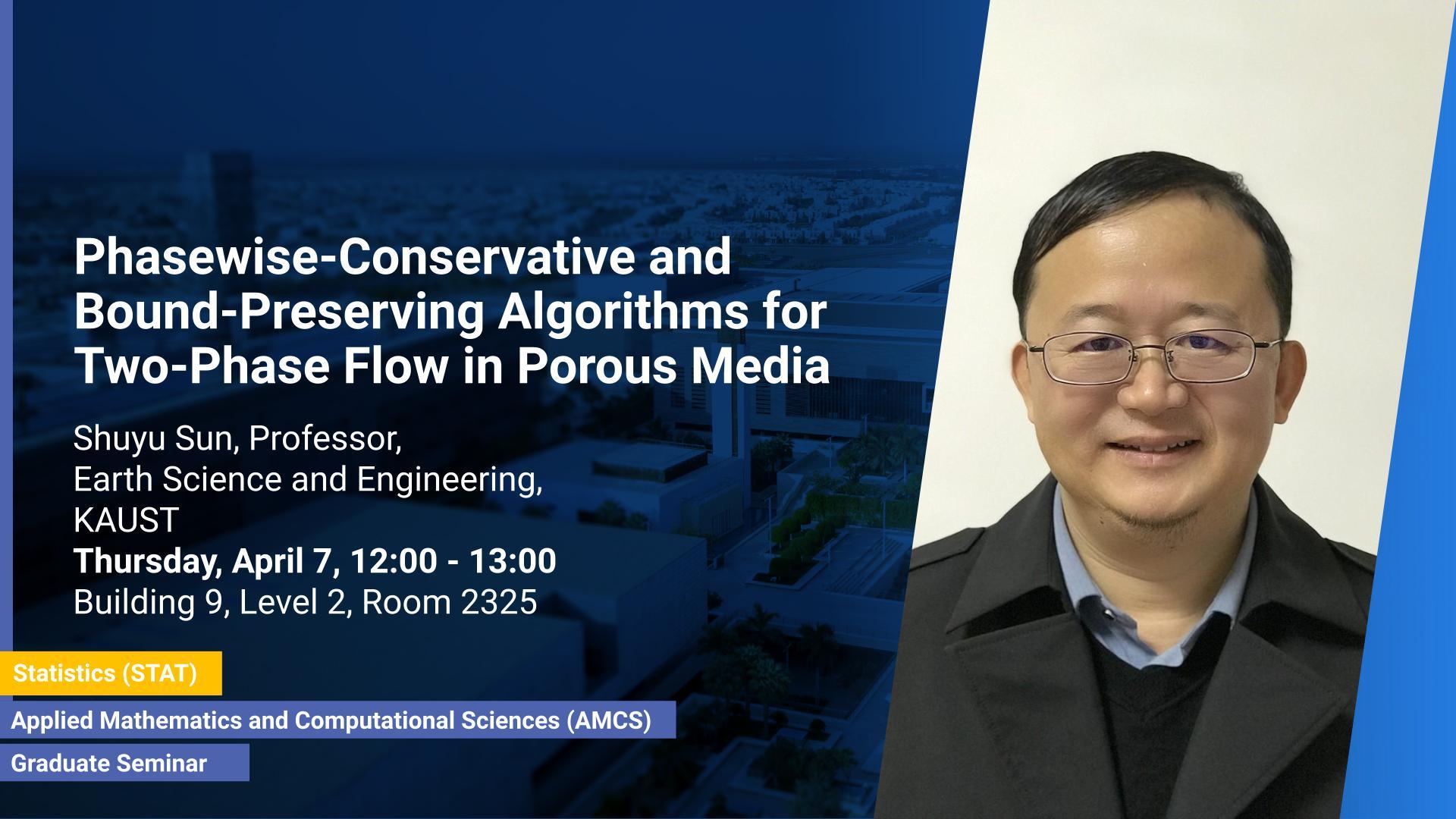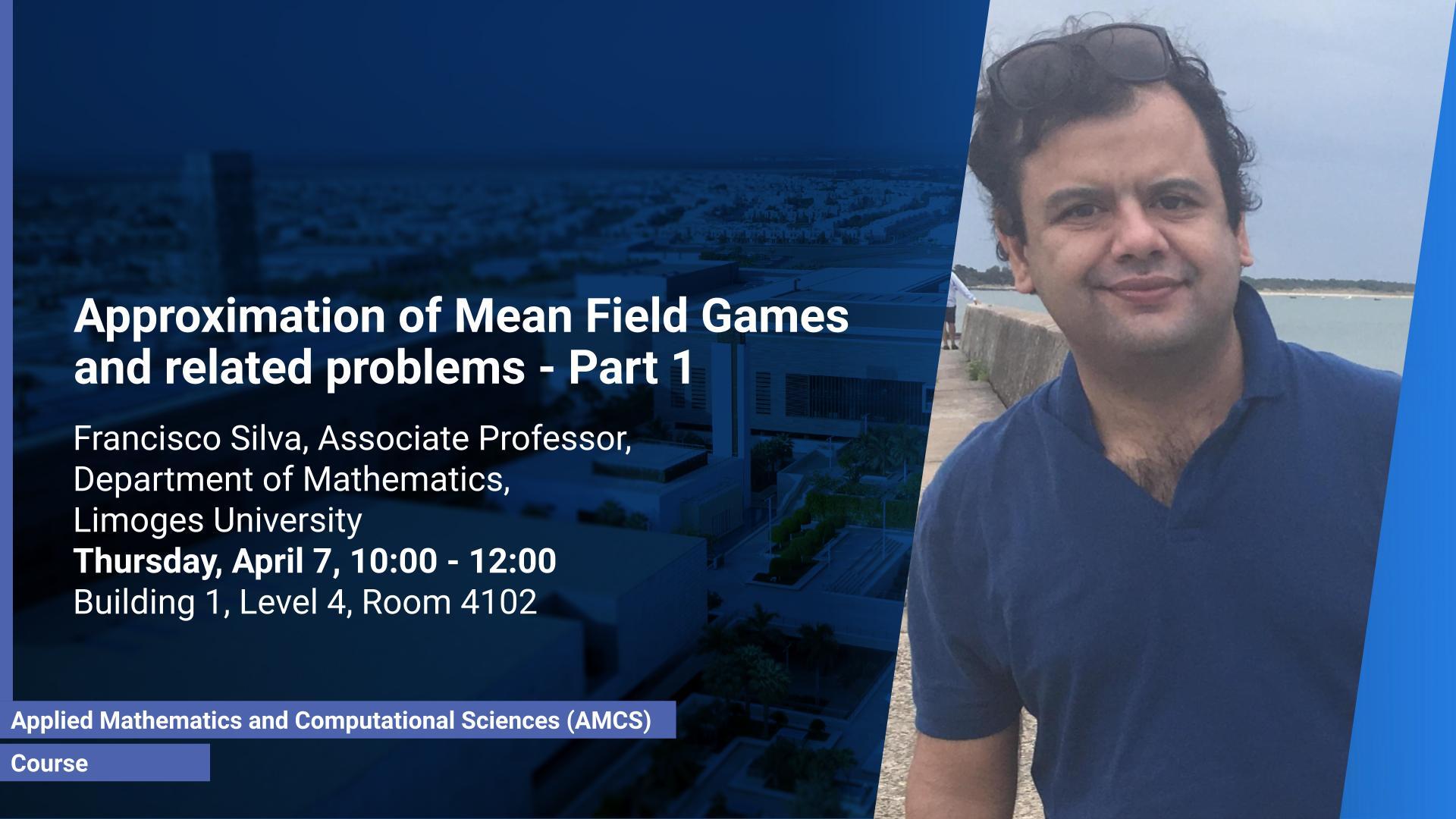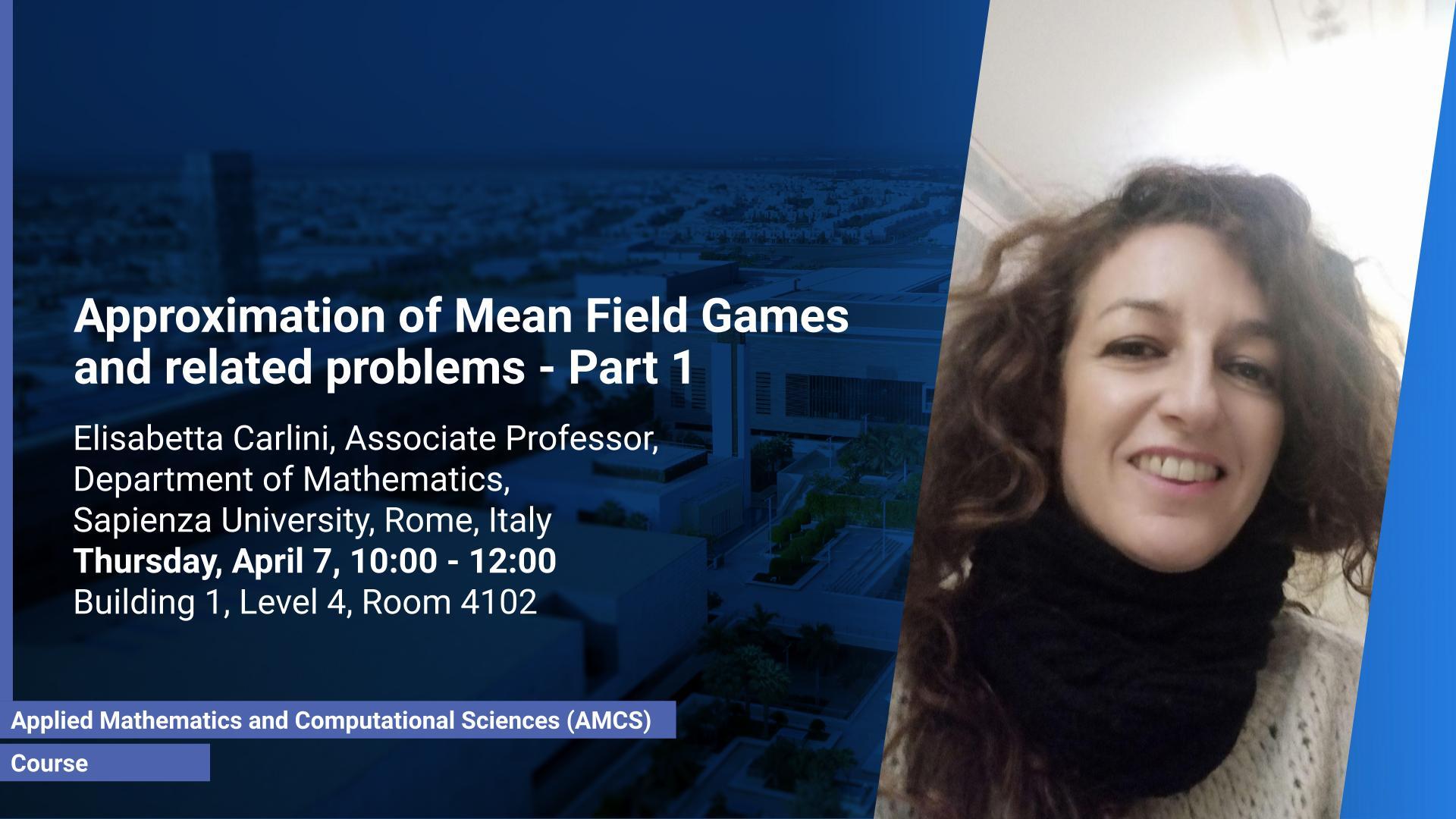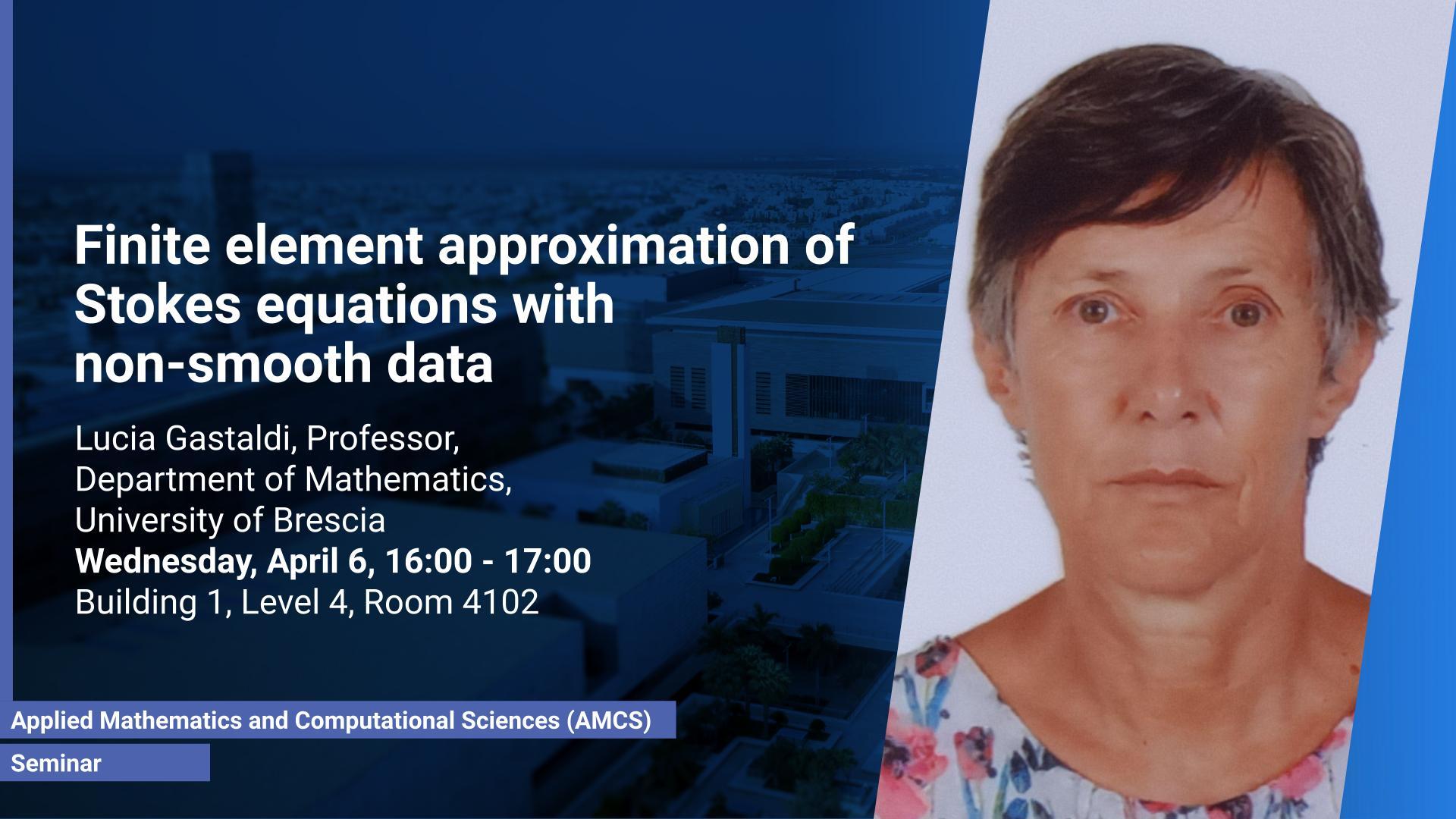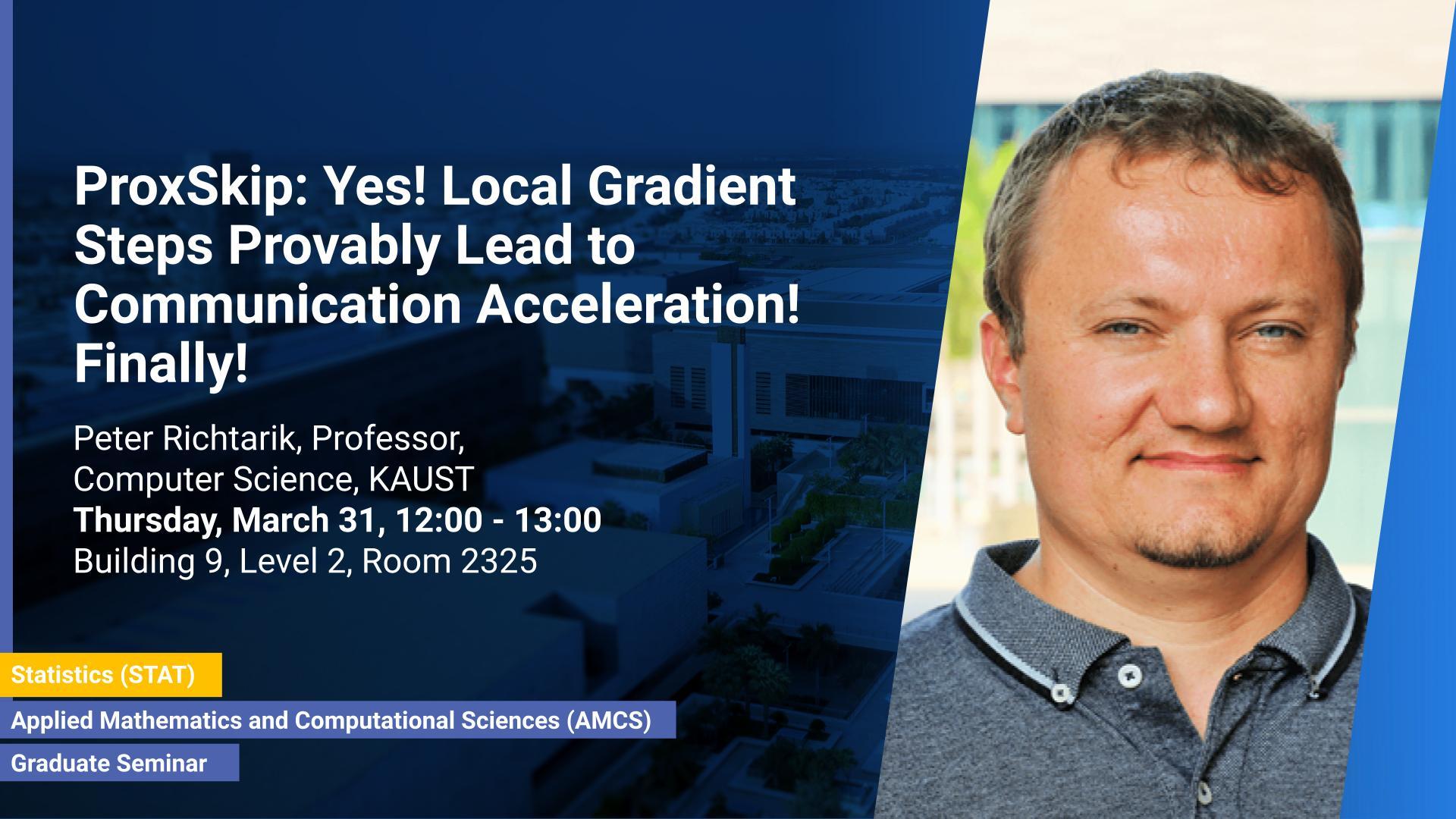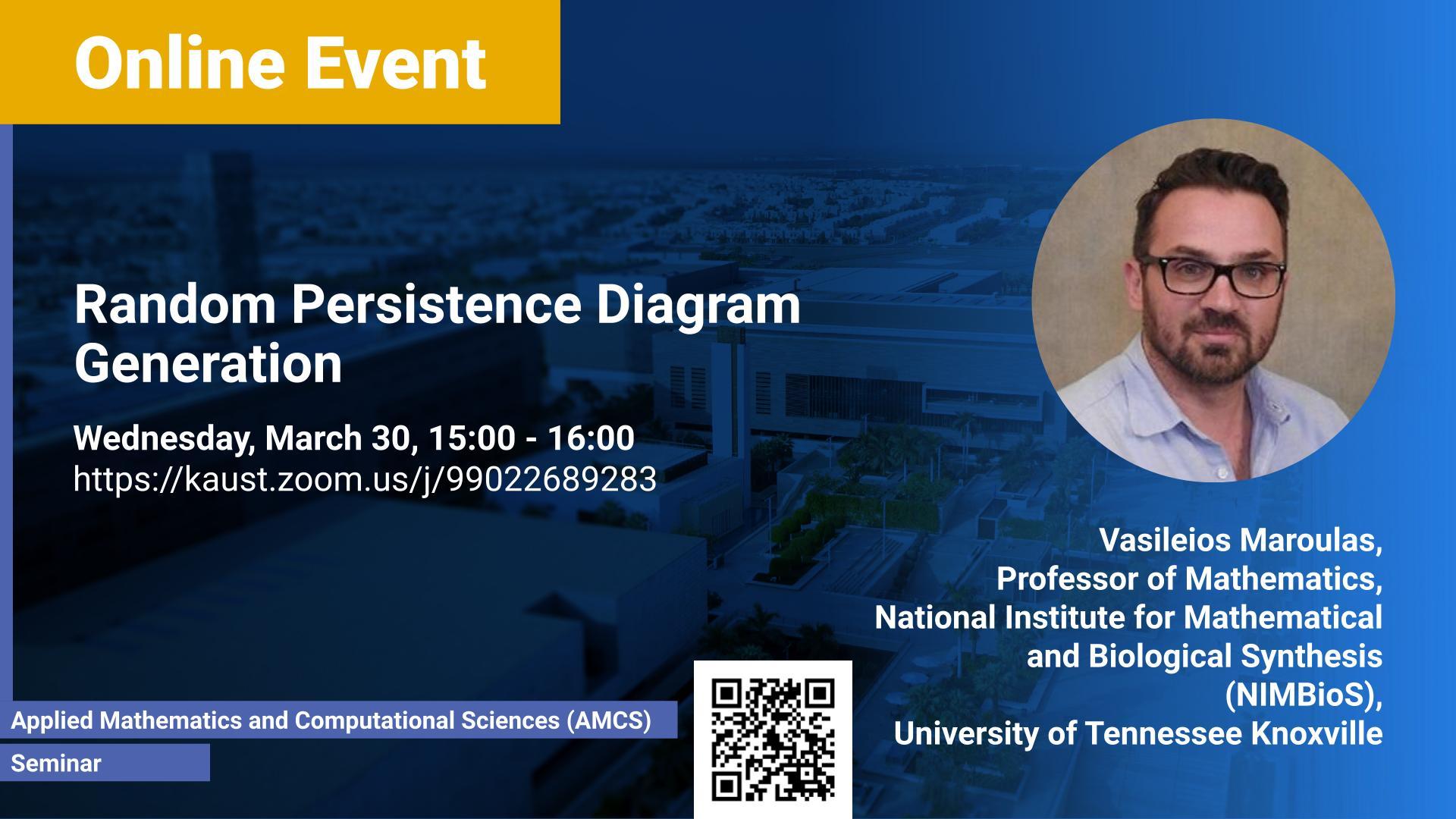Dr. Julian Barreiro Gomez, Center on Stability, Instability, and Turbulence (SITE) at the New York University in Abu Dhabi
Wednesday, June 01, 2022, 16:00
- 17:00
Building 1, Level 4, Room 4102
Contact Person
In this talk, we present a class of stochastic differential games that can incorporate the distribution of the variables of interest (e.g., the system states and/or decision-makers' actions) into the strategic-interaction problem. We motivate the use of this type of differential games in networked large-scale applications that cover a high variety of engineering systems. In particular, we focus on the crowd evacuation problem. First, we only consider local aggregated congestion terms that penalize the magnitude of the decision-makers’ strategies allowing us to avoid the formation of congestion. Second, we consider both local and global aggregated congestion terms to perform crowd aversion during the evacuation procedure. We present some numerical results and few future directions, e.g., the case where decision-makers do not have prior knowledge about the geometry of the structure to be evacuated neither the existing obstacles.
